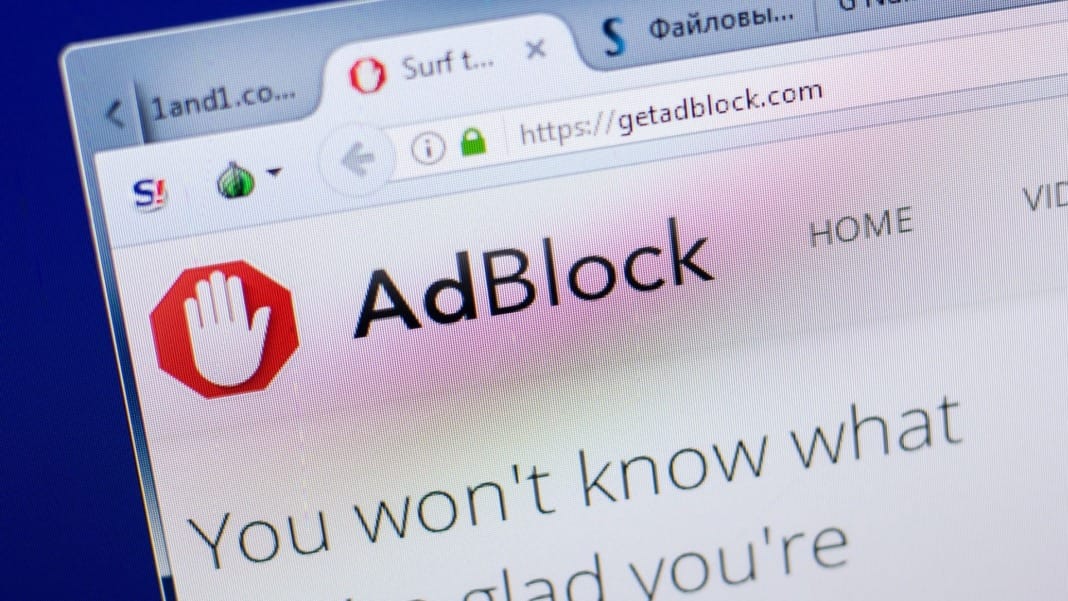Millions of Chrome users may soon lose access to their favourite ad-blocking extensions. Google has announced plans to stop supporting popular ad blockers such as uBlock Origin and other extensions running on the Manifest V2 framework. According to Google, this move addresses security and privacy concerns.
Google first warned users of the upcoming changes back in August. The tech giant is moving from the older Manifest V2 framework to a new one, Manifest V3. Google says that this shift is crucial to ensuring users’ privacy and security. In a statement, Google explained: “To better protect your privacy and security, Chrome and the Chrome Web Store require extensions to be up to date with new requirements. As a result, Chrome may disable extensions that don’t comply with these requirements.”
The backlash from users and developers
Not surprisingly, the news has sparked frustration across social media. Many users and developers have criticised Google for the decision, claiming it will limit their ability to control online ads. Epic Games founder Tim Sweeney voiced his concerns on X (formerly Twitter), saying, “Google is using its dominant Windows browser market share anti-competitively to shore up its ad monopoly by blocking ad blockers.”
Google using its dominant Windows browser market share anticompetitively to shore up its ad monopoly by blocking ad blockers – https://t.co/gNU3vwwwTZ
— Tim Sweeney (@TimSweeneyEpic) October 12, 2024
Other voices in the tech world have echoed these concerns. Cybersecurity firm SquareX took to its X account, stating that despite the stricter control in Manifest V3, attackers could still find ways to create malicious extensions. These concerns highlight fears that the new framework might not offer the level of protection Google claims.
Think you’re safe just because extensions are built on #Google‘s new #ManifestV3? Think again!
— SquareX (@getsquarex) October 12, 2024
We shared with @jaivijayan of @DarkReading how malicious #browser extensions still manage to evade security measures: https://t.co/rYBTwMxxnJ#cybersecurity #enterprise #SASE #SSE pic.twitter.com/qCtnmaHz2b
This shift is significant for over 30 million Chrome users who rely on extensions like uBlock Origin to block intrusive ads. Without these ad blockers, users will have to find alternatives. Google, however, has suggested a few options, including uBlock Origin Lite, Adblock Plus, Stands AdBlocker, and Ghostery Tracker & Ad Blocker.
Google’s push for more control over extensions
Google’s shift to Manifest V3 aims to give users more control over what extensions can do. One of the main changes is that background tasks within extensions will now be handled by service workers, who only run them when necessary. According to Google, this will limit the continuous use of resources, improving both performance and security.
Moreover, Manifest V3 removes the ability for an extension to use remotely hosted code. This is a significant step toward preventing security risks by blocking unreviewed code from being executed in extensions. Under the new framework, any code an extension uses must be included in its package and reviewed by the Chrome Web Store before release.
At present, Google has not confirmed an official deadline for the migration to Manifest V3. However, speculation is that the change could happen within the next few months. As this deadline looms, users must prepare for a new era of Chrome extensions, with stricter controls and fewer options for blocking ads.





